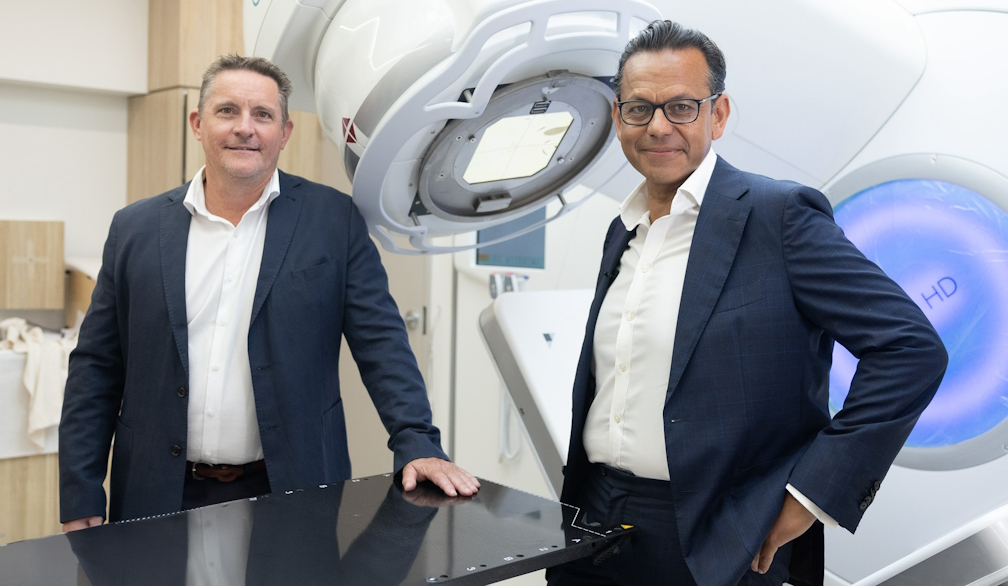Melbourne Mental Health Care Clinic Reduces Re-Hospitalisations By 90%

A psychology clinic in Melbourne’s inner east has reported a 90% reduction in hospital re-admissions by applying an innovative approach to psychological and psychiatric care to patients at high risk of hospitalization.
“For a lot of clients, the risk of hospitalisation deters them from seeking help. This can, of course, lead to a higher likelihood of residential intervention becoming necessary. We’ve been developing and refining our approach to intervention for over a decade, and we’ve had a 90% success rate amongst clients at high risk of re-entry to residential care.” Said Davis Lemke, Managing Director of Clarity Health Care, Psychologists Fitzroy. Clarity Health Care is on track to prevent readmissions for 100,000 patients by 2023.
Annually in Australia approximately 43,000 patients are admitted to one of 72 private psychiatric hospitals. The average stay at a private facility is around 20 days, totaling more than a million days of care. The public system offers around 6850 beds. The vast majority of beds are reserved for short stay acute care. Of these, around 15% will experience an “unexpected readmission, within 28 days. This rate has remained relatively steady for a decade and represents an ongoing crisis for the patient, and is contributing to an overburdened mental health care system. Government, private organisations and universities have been tasked with solutions for reducing 28 day re-admittance rates for over a decade. The rates have remained relatively steady.
A typical stay in private psychiatric residential care means the patient is seen by a team of clinicians including a psychiatrist, psychologists, occupational therapist, social worker and a team of specialist nurses. During their stay, their team will manage and monitor their medication levels while assisting them to develop coping strategies via counselling, groups sessions and lifestyle changes. At the end of their stay, usually less than three weeks, they are expected to take responsibility for managing their own condition, with the assistance of a handful of referrals.
The reality for the patient is, multiple appointments at different locations daily. It may mean frequent blood tests, GP visits and paperwork for private and public health care providers. Often these providers don’t “talk to each other” delaying the patient’s progress. All while recovering from an acute, and often life changing mental health episode.
So how has one psychology clinic reduced readmissions so successfully? The approach. Clarity Health Care’s psychology clinics in Hobart and Melbourne, rewrote the way that mental health care is delivered to acute cases.
“The first step multidisciplinary team, with specialist clinical psychologists, psychiatrists, social workers, Occupational Therapists and registered nurses, our client’s have a full support team at our outpatient clinic. This removes many of the logistical barriers to treatment and assists the client to feel confident that their progress is fully managed and monitored,” said Mr Lemke. “We provide support managing their appointments and medications post discharge.”
“Beyond that, the client can attend group therapy and manage their own health via our dedicated Optimal Health App – where they can step away the clinical approach to recovery and focus on their goals and progress. Meeting these benchmarks helps the client feel more “in control” of their own mental health, aiding them in their recovery.” Said Mr Lemke.







